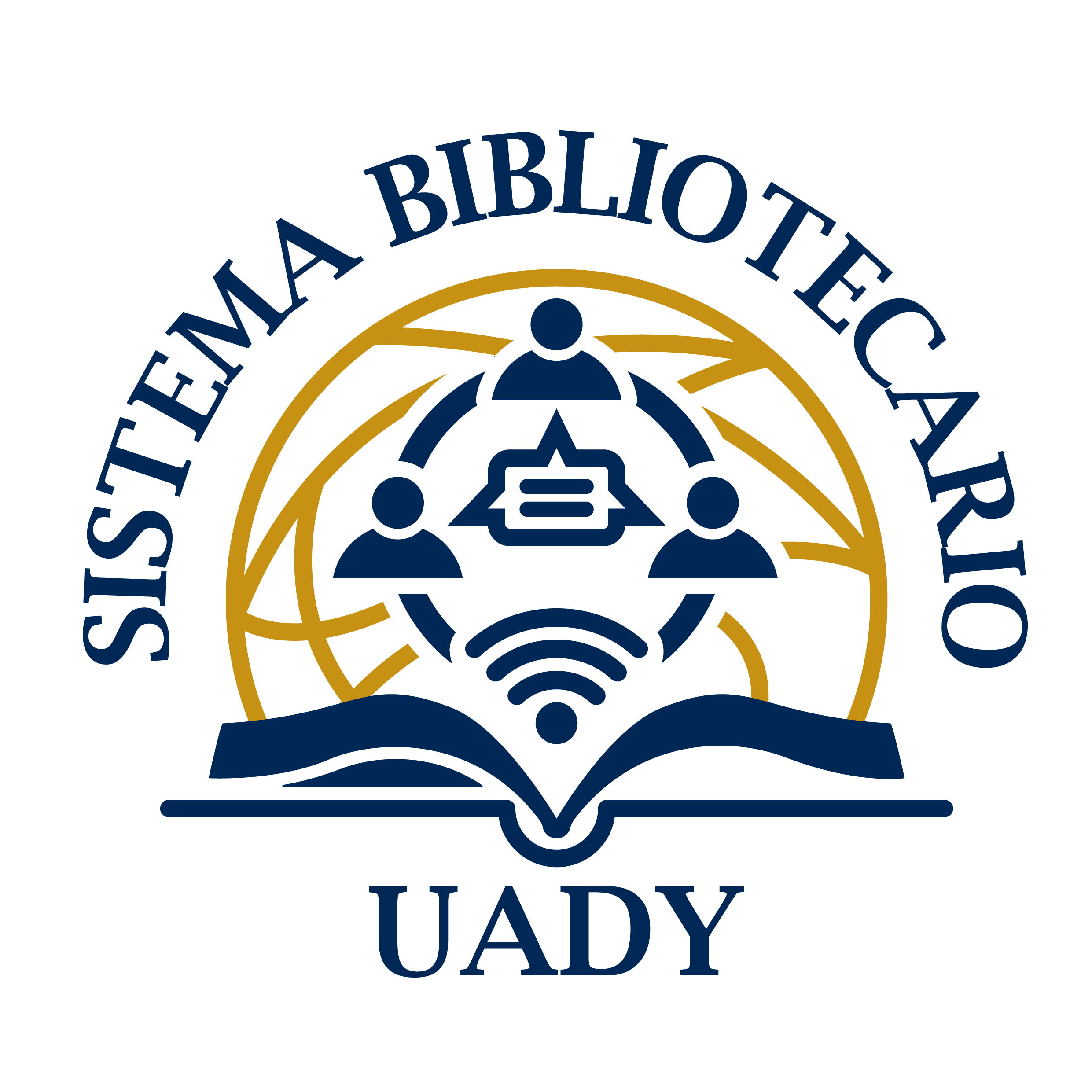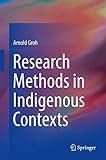Research Methods in Indigenous Contexts / by Arnold Groh.
Tipo de material: TextoCham :Springer International Publishing :Imprint: Springer,2018Descripción: 1 recurso electrónico (VIII, 236 páginas); 5 ilustracionesTipo de contenido:
TextoCham :Springer International Publishing :Imprint: Springer,2018Descripción: 1 recurso electrónico (VIII, 236 páginas); 5 ilustracionesTipo de contenido: - texto
- computadora
- recurso en línea
- 9783319727769
- 150
- 23
| Tipo de ítem | Biblioteca actual | Colección | Signatura topográfica | Estado | Fecha de vencimiento | Código de barras | |
|---|---|---|---|---|---|---|---|
| Libro Electrónico (LE) | Biblioteca Virtual | Colección Electrónica (CE) | Disponible | BIV0011279 |
1. Introduction -- 1.1 Indigenous Contexts -- 1.1.1 Transgenerational Traumata -- 1.2 Cultural Theories and Cultural Dominance -- 1.3 Transcultural perspectives and conceptualisations -- 1.4 Synthesis and dominance - the mechanisms of change -- 2. The legal framework of research in indigenous contexts -- 2.1 Historical aspects -- 2.2 Acknowledgement of indigenous identity -- 2.3 Right to self-determination -- 2.4 Protection of culture -- 2.4.1 The Role of Language within Indigenous Peoples? Cultural Rights -- 2.4.2 Indigenous Culture and Intellectual Property -- 2.5 Revitalisation of culture -- 2.6 Cultural autonomy in education and lifestyle -- 2.7 Reflection of culture in media -- 2.8 Land rights -- 2.8.1 Protection of territories -- 2.8.2 Land use -- 2.8.3 Mitigation of adverse impact -- 2.8.4 Right to redress and compensation -- 2.8.5 Indigenous cultures and borders -- 3. Methodology - how to optimally collect data in the fields -- 3.1 History of transcultural field encounters -- 3.2 Field encounter as quasi-experimentation -- 3.3 Researchers? influence and philosophy of science -- 3.3.1 Vulnerability and resilience -- 3.4 Epistemology -- 3.4.1 Qualitative and quantitative methods -- 3.4.2 Validity -- 3.4.3 Reliability -- 3.4.4 Objectivity -- 3.4.5 Ethical aspects -- 3.5 Minimally-invasive techniques -- 3.5.1 Total immersion -- 3.5.2 Rescue work -- 4. Field research in indigenous contexts -- 4.1 The scientist as a psychological being -- 4.1.1 Researchers and their culture of origin -- 4.1.2 Rationality and irrationality -- 4.2 Meta-perspectives -- 4.3 Transcultural competency -- 4.4 Education and training -- 4.4.1 Learning how to prepare research in indigenous contexts -- 4.5 Culturally sustainable field research -- 4.5.1 Practical aspects -- 4.5.2 Being prepared for tropical diseases -- Epilogue.
This forward-looking resource offers readers a modern contextual framework for conducting social science research with indigenous peoples. Foundational chapters summarize current UN-based standards for indigenous rights and autonomy, with their implications for research practice. Coverage goes on to detail minimally-invasive data-gathering methods, survey current training and competency issues, and consider the scientist?s role in research, particularly as a product of his/her own cultural background. From these guidelines and findings, students and professionals have a robust base for carrying out indigenous research that is valid and reliable as well as respectful and ethical. Among the topics covered: · Cultural theories and cultural dominance. · The legal framework of research in indigenous contexts. · The role of language within indigenous peoples? cultural rights. · Methodology: how to optimally collect data in the field. · Researchers? influence and philosophy of science. · Learning how to prepare research in indigenous contexts. Research Methods in Indigenous Contexts is an important reference benefitting a wide audience, including students and researchers in the social sciences, humanities, and psychology; decision-makers of NGOs and GOs that act with regard to humanitarian aid, for tourism projects, or any other contingency with indigenous contexts; and policymakers interested in the aspects of human activity upon which indigenous cultural concerns are based.


